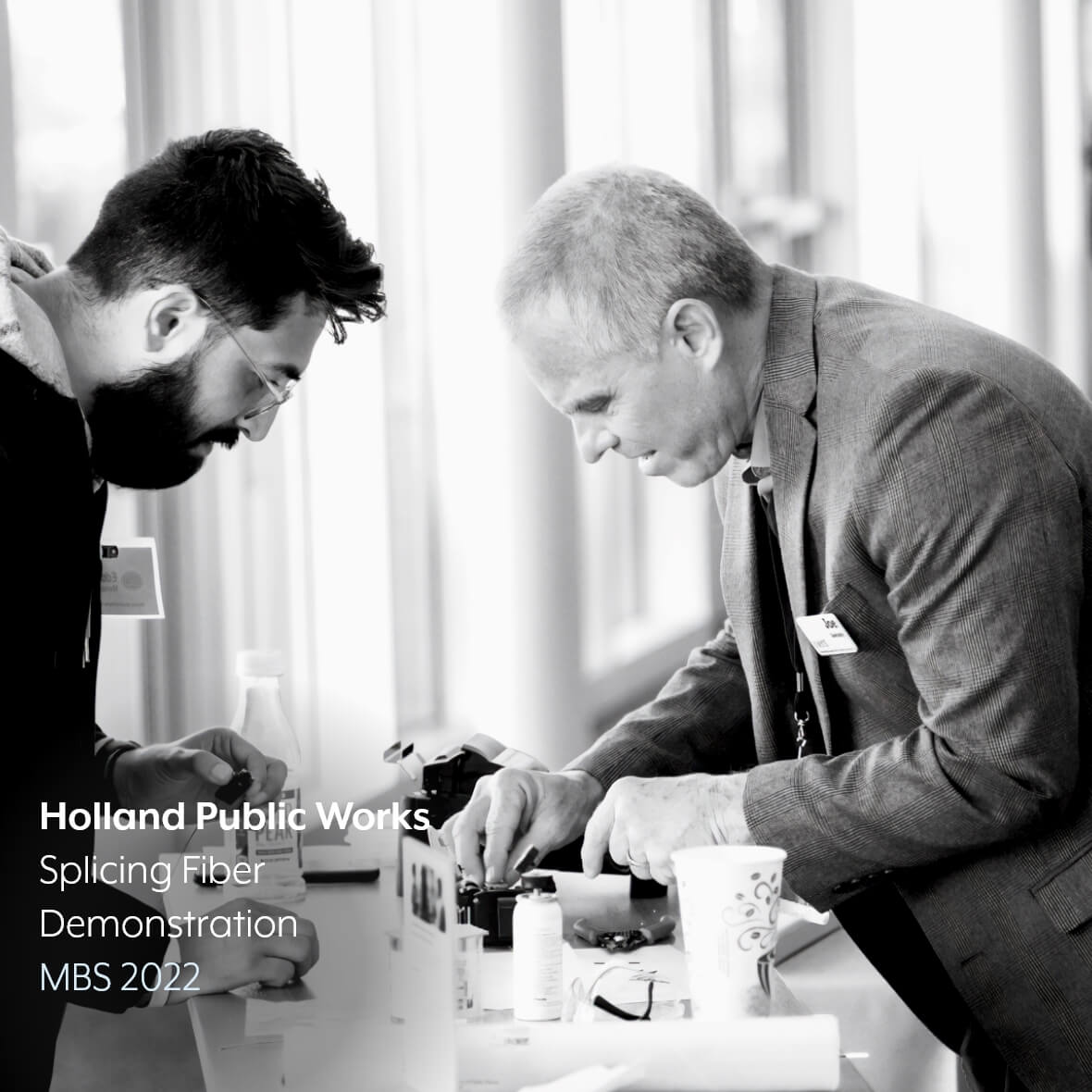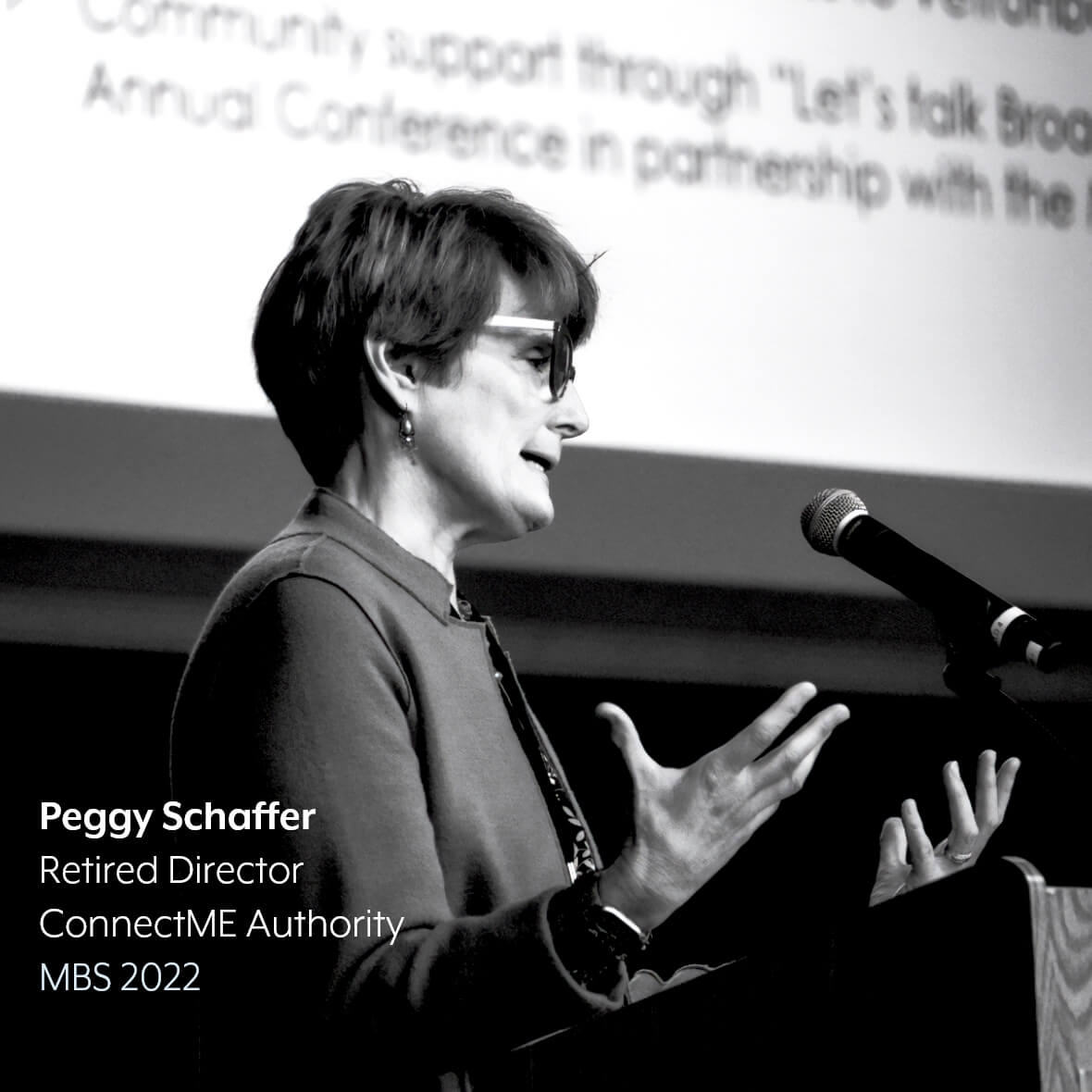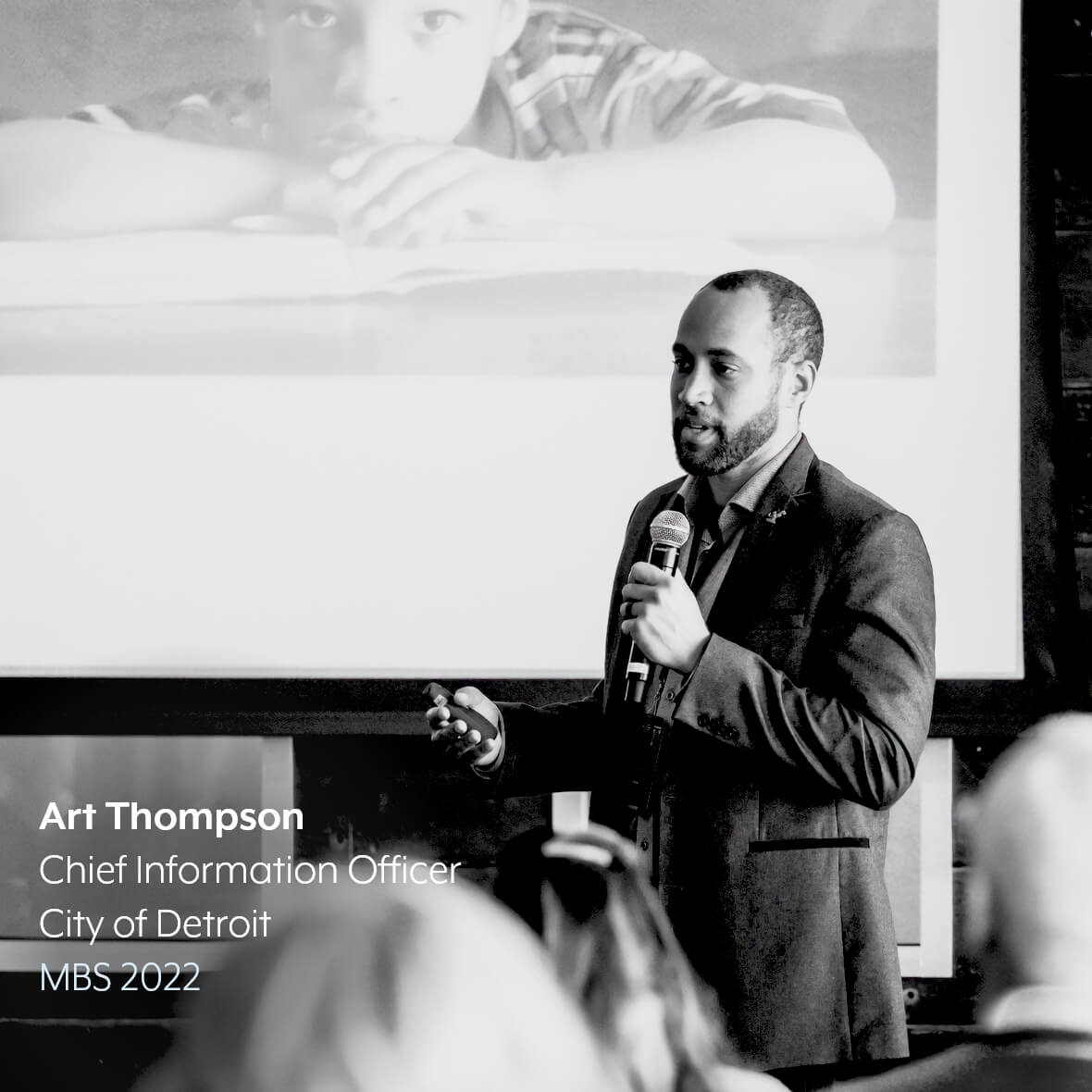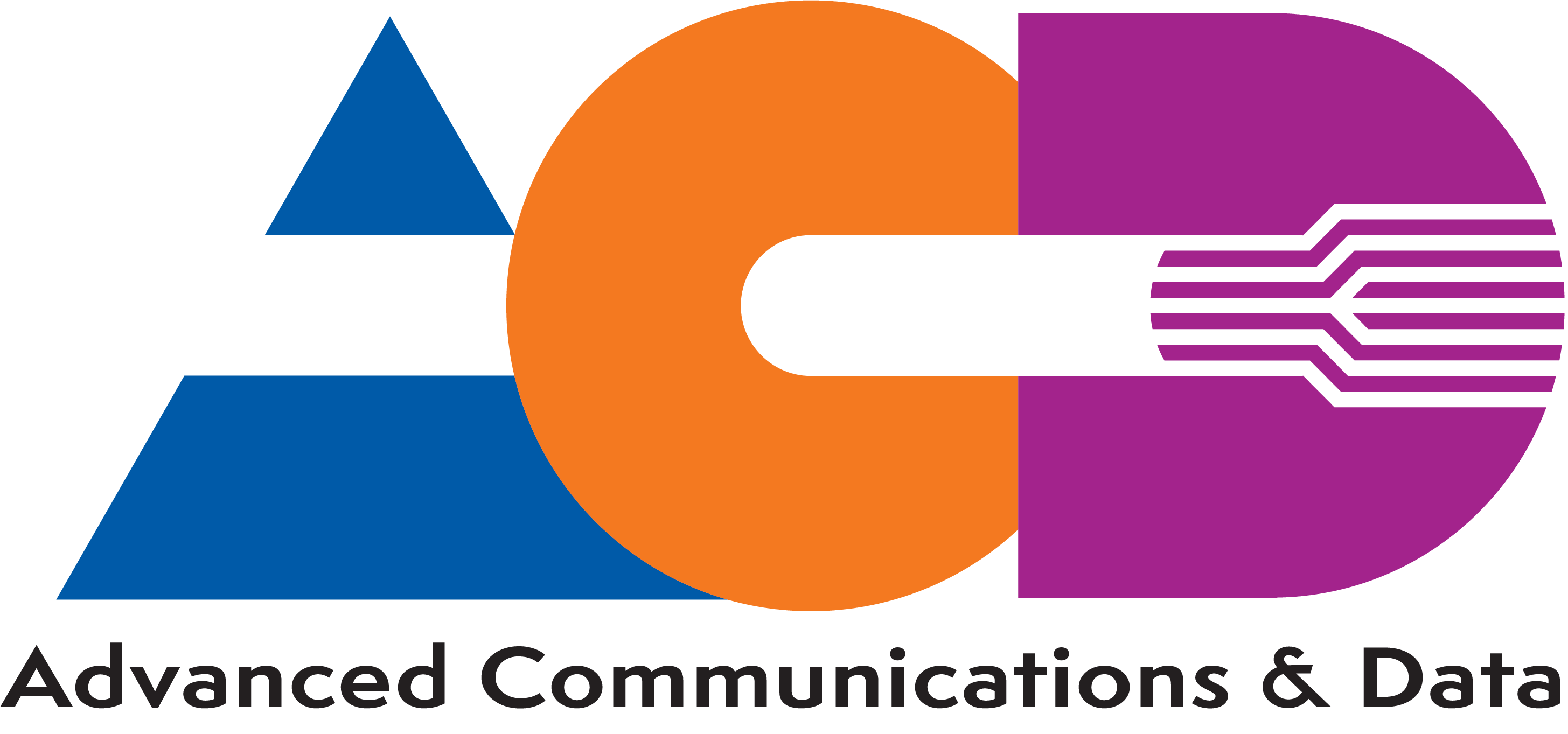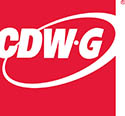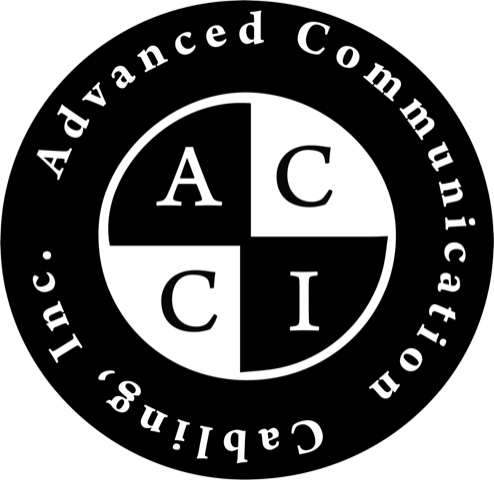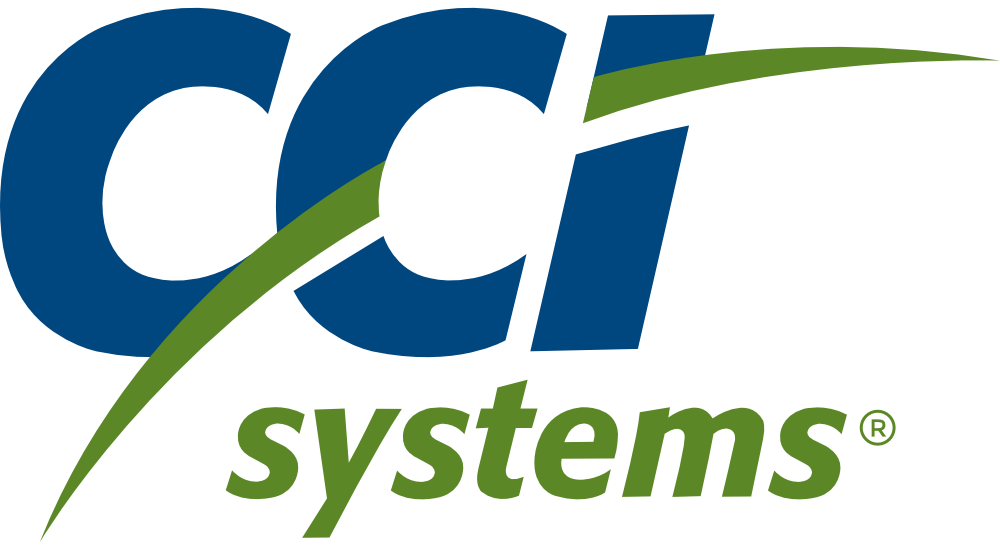November 2-3, 2023
Kellogg Conference Center
Across Michigan, we are at crucial intersections of broadband infrastructure, digital equity and universal internet access. Reaching the destination requires community empowerment that can only happen with the sharing of resources. Whether you’re fueling up, on the road, or seeking your next destination, join us on this transformative expedition to shape a connected future for all.
President & CEO | Merit Network
Mapping the Route to Digital Equity
Executive Director | American Association for Public Broadband
Read Abstract
When Congress passed the broadband provisions of the Infrastructure Investment and Jobs Act (IIJA), digital equity advocates cheered. Not only did the law include the Digital Equity Act and its 2.75 billion for state and local digital equity efforts, but it also provided $14.2 billion for the Affordable Connectivity Program (ACP), a $30 a month subsidy for low-income households. The ACP has been a great success – over 21 million households participate, and with better targeted marketing and community outreach, those numbers are expected to grow. But by all measures the program is due to run out of money in April 2024, and Internet service providers will have to start notifying affected customers in January that they will lose this benefit. Former Biden FCC Nominee and Executive Director of the American Association for Public Broadband Executive Director Gigi Sohn will discuss why the ACP is so critical not only to achieving digital equity, but also to ensuring the success of the Commerce Department’s Broadband Equity Access and Deployment (BEAD) program. She will talk about efforts both to add more money to the ACP over the short term and to find the program its “forever home."
PhD Candidate | Michigan State University
Jean HardyAssistant Professor | Michigan State University
Read Abstract
In this session, we will present the results of the Human-Centered Infrastructure Design project, a year-long research project conducted by a team at Michigan State University. Our work seeks to understand the complex connectivity landscape that rural people face, and how we might design future infrastructure from an explicitly rural perspective. Broadband disconnection is often seen as a disadvantage for rural and remote communities. However, rural residents frequently perceive there to be many advantages of being disconnected and often choose their rural life for these advantages. Drawing from the findings of our study conducted in the Upper Peninsula of Michigan, we will use an assets-based framework, borrowed from asset-based community development, to translate how we can leverage assets and deficits productively when thinking about rural infrastructure. Attendees will leave with a better understanding of how rural residents balance issues of connectivity with their desire to be disconnected.
Superintendent of Broadband Services | Holland Board of Public Works
Read Abstract
Discover the pivotal role of collaboration in network success at our upcoming presentation. We will delve into compelling stories of prosperous alliances that have yielded immense value, both in West Michigan and across the nation.
We will unveil actionable strategies and tactics that can be seamlessly integrated into your local broadband development initiatives. Join us for an insightful session that promises to equip you with the knowledge and tools needed to foster meaningful partnerships, amplify the impact of your network endeavors, and pave the way for a connected future.
General Field Representative | Michigan & Washington Rural Utilities Service – Telecommunications Programs
Read Abstract
The Rural Utilities Service under USDA administers federal Programs for loans and/or grants to provide funds for the costs of construction, improvement, or acquisition of facilities and equipment needed to provide broadband service in eligible rural areas. Discussion will involve eligibility of 4 core programs and provide update on funding opportunity. Presentation will also cover past funded projects in support of MI Rural Communities.
Federal Program Officer | NTIA, Dept. of Commerce
Eric FrederickChief Connectivity Officer | Michigan High-Speed Internet Office, State of Michigan
Read Abstract
Eric Frederick, Chief Connectivity Officer of the Michigan High-Speed Internet Office, and Ben Fineman, the Federal Program Officer for the NTIA, provide an update onfederal & state collaboration, mapping, funding, and strategic planning.
Co-Founder and President | Community Broadband Action Network
Larry JacquesSault Ste. Marie Tribe of Chippewa Indians
Eric FrederickChief Connectivity Officer | Michigan High-Speed Internet Office, State of Michigan
Sheryl Cormicle KnoxTechnology Director | Capital Area District Libraries
Read Abstract
Broadband “equity” used to mean ensuring every person in every community had access to a fast, reliable broadband connection. Today, what we consider equity has greatly expanded to encompass the assets and resources needed to ensure that every person not only has access, but also has the devices, skills, and affordable plan needed to support their success in daily living, work, healthcare, education, and more. Michigan's digital equity plan has been released, defining the scope, priorities, and budget allocations for digital inclusion programming throughout the state. But what does that mean for rural and tribal communities already facing chronic resource stress and without some of the programs and supports already available to their urban and suburban counterparts? In this informative and actionable session, attendees will learn more about how rural and tribal communities can effectively identify their current resources, think in new ways, and form digital equity partnerships and programs across counties, regions, and the state.
Vice President of External Affairs | Mears Group, Broadband Division
Scott MenhartChief Technology & Information Officer | Traverse City Light & Power
Read Abstract
ISPs and communities often get so caught up in the idea of bringing all fiber to their citizens that they wait until too late to ensure the network they want actually gets built. Construction of the network runs at 70-80% of the total cost. In this session, attendees will hear when to engage their construction company to ensure a quality build and sustainability. Traverse City will relate to how their actual build went and lessons learned through the physical deployment.
CEO | ACD.net
Read Abstract
The attendees will learn how to build, operate, and design fiber to the home networks and municipal networks, and have a view into the tools that our company uses to successfully do so. ACD will describe its active ethernet, 1to1 fiber network design, which allows them to rapidly scale to 10/25/100gb service for residential service. We will share with you the lessons we have learned in operating the networks, and what is the long-run cost advantage of the architecture we use. The presenter will also cover how existing municipal networks are managed to minimize cost and provide benefits to the communities where we operate their fiber networks.
Director of Technology Impact Research | Merit Network
Charlotte BewersdorffVP for Community Engagement | Merit Network
Mitchell ShapiroIndependent Consultant
Sheryl Cormicle KnoxTechnology Director | Capital Area District Libraries
K. John EgelhaafExecutive Director | Southwest Michigan Planning Commission
Read Abstract
The Digital Opportunities Compass framework was developed to guide state and local digital equity policy and planning holistically, establish a shared framework to set goals and priorities, identify opportunities, and monitor progress toward these goals. The framework was developed in partnership with researchers at Merit, the Quello Center at MSU, the Digital Equity Research Center at the Metropolitan New York Library Council, and the National Digital Inclusion Alliance.
Since its publication, the Compass framework has undergone numerous trials in formal and informal environments. Recurring feedback from digital equity advocates and practitioners has expressed a need for a simple usage guide for the Compass, guided consultation processes, and an online self-help application, among others. Merit Network is currently facilitating a pilot project involving three communities in Michigan. Participants in this program are leveraging the Compass to develop a research-backed holistic digital opportunities strategy, understand long-term assessment of programs and strategies, and create a roadmap of next steps, including infrastructure planning, connectivity and sentiment analysis, measurements of digital literacy and education needs, and feasibility studies. These strategies can provide support for future digital equity grant narratives.
This endeavor will additionally shape future tools and publications for digital equity practitioners based on the principles in this framework. Through the pilot process, researchers will also better understand how communities and practitioners perceive, experience, and envision the development of a sustainable, comprehensive digital equity strategy. Secondly, researchers can study the ways in which broadband task forces, organizations, and communities utilize data from these qualitative investigations to broaden their perspective while devising their strategies.
This session explores the experiences of pilot counties as they develop long-term digital equity strategies and create healthy digital ecosystems leveraging the Digital Opportunities Compass framework.
Senior Vice President, Sales | Vivacity Infrastructure Group
Kris TobbeCIO | Livingston County, MI
Chance EikerDirector of Operations | eX² Technology
Amanda BorrettSales Director | Vivacity Infrastructure Group
Read Abstract
This session will discuss key frameworks and practical approaches on how public and private leaders successfully manage the 3Cs (contemplation, collaboration and construction) of a P3 broadband network project. During this session, panelists will discuss an active P3 project in Livingston County, MI, including how the team collaborated and are now constructing a fiber broadband network within this community. Successful partnerships work when private operators mutually benefit along with the public entity. Panelists will explore why it’s important for public leaders to understand key business drivers of private broadband operators and how they tend to think about their business models. Attendees will also learn diverse ways to incorporate their community’s goals into a larger plan that will benefit communities and their partners while leveraging once-in-a-generation funding opportunities.
Senior Writer | Benton Institute for Broadband & Society
Read Abstract
All 50 states, the District of Columbia, and Puerto Rico are currently working on digital equity plans. One key component of the plans is the state’s vision for digital equity, a unique opportunity for states to articulate how digital equity would transform their state. Through surveys, community meetings, interviews, conversations, and a collaborative writing process with community contributors, the Benton Institute for Broadband & Society arrived at ten Principles for Digital Equity Visions, organized around five themes, to help guide both the process and the resulting visions of digital equity.
Attendees will learn about this process and its principles. These principles are a guide to dreaming big: 1) to envision a state transformed by ubiquitous, reliable, affordable, high-speed internet access and 2) to help states “lead with equity,” intentionally identifying, amplifying, and centering the voices of people and disconnected communities most affected by the digital divide.
Professor and Director of Academic Research | Quello Center, MSU
Gabriel HalesResearch Fellow | Quello Center, MSU
Read Abstract
The COVID-19 pandemic rapidly changed how Americans viewed the importance of broadband Internet connectivity. In a short period of time, a national emergency shifted how and where people accessed work and education and how they interacted with friends and family. An inadequate infrastructure for broadband access left rural Americans and particularly rural youth at high risk. This presentation provides an overview of how the COVID-19 pandemic impacted home Internet connectivity, student achievement, and the well-being of rural Michigan students. Our findings paint a picture of how rural school districts rapidly mobilized to address a national crisis. Yet, there are indications that rural communities are at risk of losing the gains in Internet connectivity rapidly achieved over the pandemic. We stress the needed for a shift in focus, going beyond filling the gaps in the infrastructure for home Internet access to ensuring that households are able to maintain access over time.
Postdoctoral Research Consultant | Merit Network
Read Abstract
Access to infrastructure and competent navigation of digital technologies have become essential to the realization of basic human rights and needs. Health services, educational opportunities, employment, civic participation, commerce, communication, and opportunities that enhance life are all forms of individual and community empowerment, and digital equity has become the gateway to these. However, it is challenging to craft and support empowerment efforts that promote the ability to transcend previously oppressive conditions in holistic and sustainable ways. Dynamic empowerment allows individuals and communities to “own” and control the direction of policies, solutions, and programs that transform their daily lives. Stakeholders and practitioners are positioned to be gatekeepers for dynamically empowered digital equity, and it is critical to consider the ways in which opportunities create, affect, and shape the digital ecosystem in ways that are just and uphold equality, reciprocity, and impartiality. In this presentation, attendees will learn to discern the difference between static and dynamic digital empowerment in the pursuit of equity and will receive a model and toolkit for applications of dynamic empowerment.
President and COO | Tribal Ready
Read Abstract
Tribal Consent is a cornerstone of current broadband policies and programming but impacted by legacy policy and actions encumbering rural and tribal areas that have failed in building out to the unserved. Data and capture of unserved locations are critical to inform the design and planning for all parties to access funding, but do we have the full picture? Spectrum can be an answer for tribal sustainment of Tribal owned and operated networks in the long term. The keynote, will tie Tribal consent considerations, data accuracy, and spectrum into ensuring equitable and sustainable partnerships.
President and COO | Tribal Ready
Read Abstract
This workshop will explore how Digital Sovereignty is quickly becoming the lifeblood of tribal economies and a cornerstone for cultural preservation and empowerment.
Senior Planner | Macomb County Department of Planning & Economic Development
Jason KronemeyerDirector of Technology | Eastern Upper Peninsula ISD
Chris Greene HutchingsMichigan Moonshot Program Manager | Merit Network
Amy StuyvesantSenior Business Systems GIS and Data Analyst | Merit Network
Read Abstract
Presenters will share how they used maps and GIS data to tell compelling stories to obtain partner buy in and win grants.
Kellogg Hotel & Conference Center
219 S Harrison Rd
East Lansing, MI 48824
Kellogg Hotel
219 S Harrison Rd
East Lansing, MI 48824
Room Block Code: 2311MERIWR
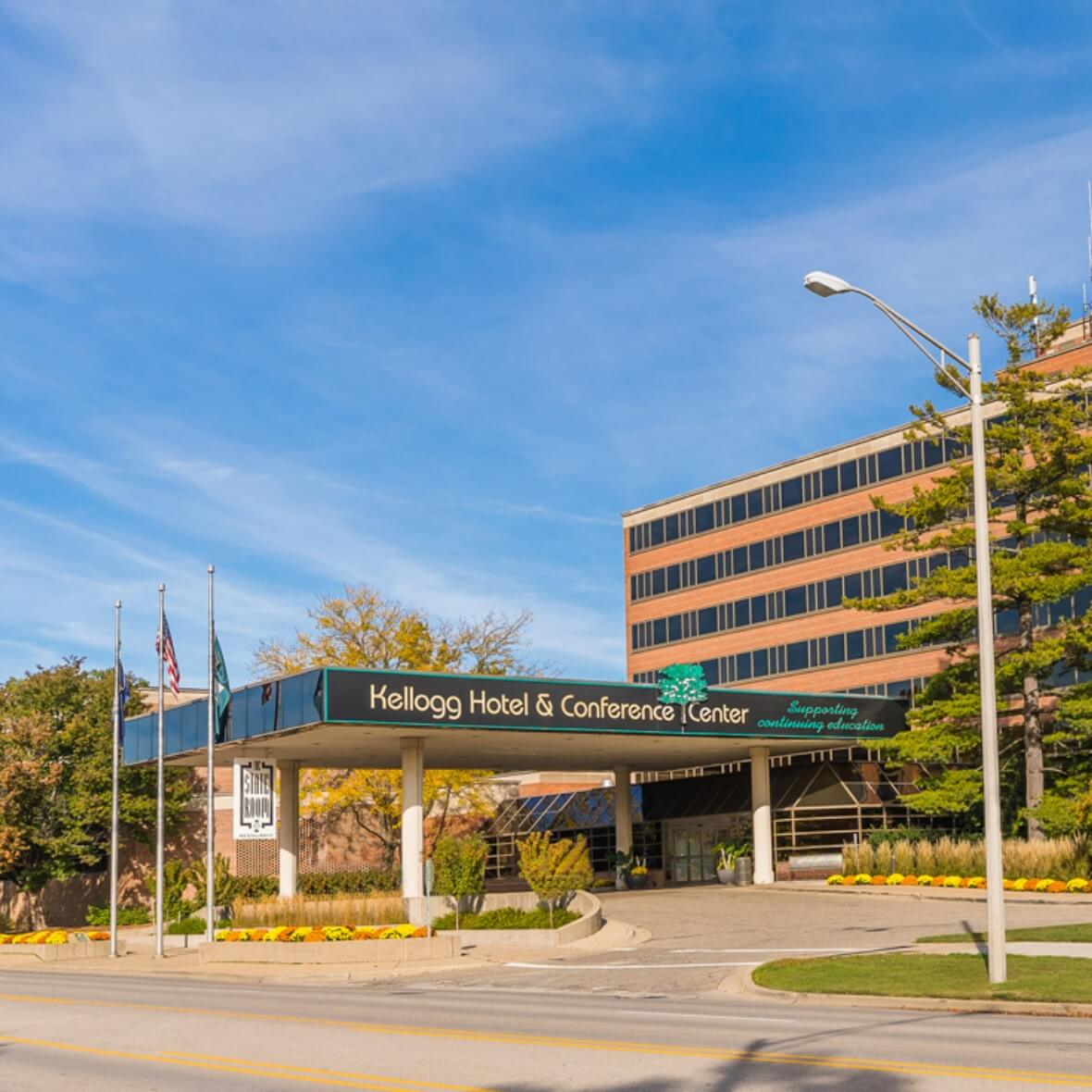
Roadmap

Opening Reception
November 1 | 6:00 – 7:30 P.M.
Location: MSU Broad Art Museum
Cost: Free to Attendees (attendees and Reception Sponsor only)
Light drinks and Hors d’oeuvres provided.
The Michigan Broadband Summit will begin with an opening reception the night before the main event. We’ve booked a great place at the MSU Broad Art Museum. You can meet and greet other members of the community, relax with a few snacks and drinks and take in some fantastic artwork with private after-hours access to the museum.

Day One
November 2 | Full Day Event
Day filled with keynotes and breakout sessions, geared towards helping you move along your own personal broadband journey.

Day Two
November 3. 8:30 – 12:30 | Half Day Event
Workshop 1: Storytelling with Maps
Presenters will share how they used maps and GIS data to tell compelling stories to obtain partner buy-in and win grants.
Workshop 2: The Economic Power of Digital Sovereignty
Broadband expansion efforts (and successes!) from a Tribal perspective give detailed insight into the different stages of the process and what to expect on the journey.
The Michigan Broadband Summit 2023 Sponsorships are SOLD OUT!
Thank you to all of our sponsors for supporting the event. This is going to be a great summit!
We have different sponsor options to fit your ROI goals! Increase your organization’s profile and build brand awareness among a diverse audience of municipal, broadband and community leaders. MBS is a unique, collaborative way to support Michigan communities while building long-term business relationships.
PAST MICHIGAN BROADBAND SUMMITS

Michigan Broadband Summit 2022
Our fourth annual Michigan Broadband Summit (MBS) 2022 is about sharing innovative solutions and key strategies that are impacting all of us right now.
Learn from experts and peers about innovative approaches to supply chain and workforce shortages, optimal network design and cutting-edge technologies to guide immediate, positive impacts to succeed in broadband deployment in spite of it all.
Michigan Broadband Summit 2021
The past year has further demonstrated the critical need for broadband access to every home and business in Michigan. As communities strive to lessen the impact of the digital divide, many, like you, are exploring the development of regional broadband networks. Community networks connect unserved residents, invite increased local competition and positively impact quality of life for citizens.
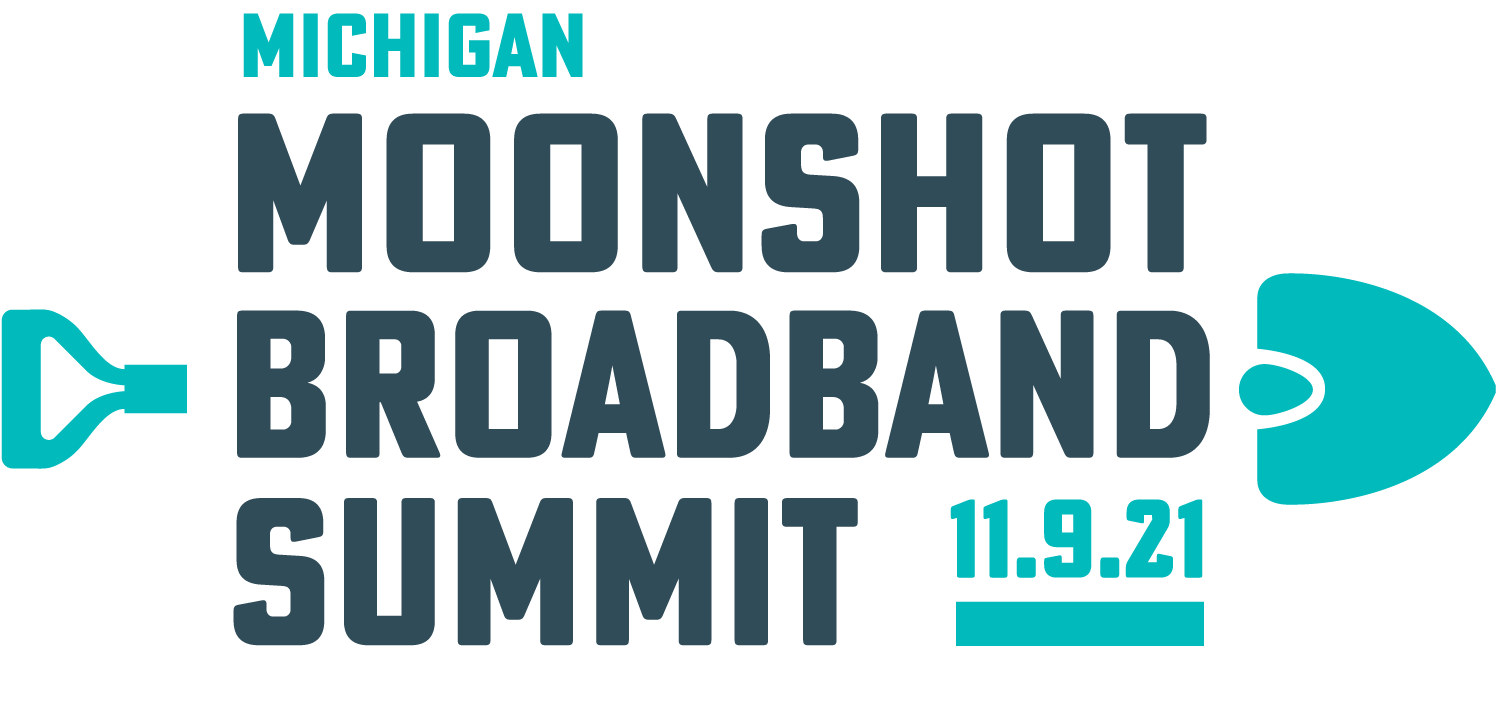

Michigan Broadband Summit 2021
The past year has further demonstrated the critical need for broadband access to every home and business in Michigan. As communities strive to lessen the impact of the digital divide, many, like you, are exploring the development of regional broadband networks. Community networks connect unserved residents, invite increased local competition and positively impact quality of life for citizens.

